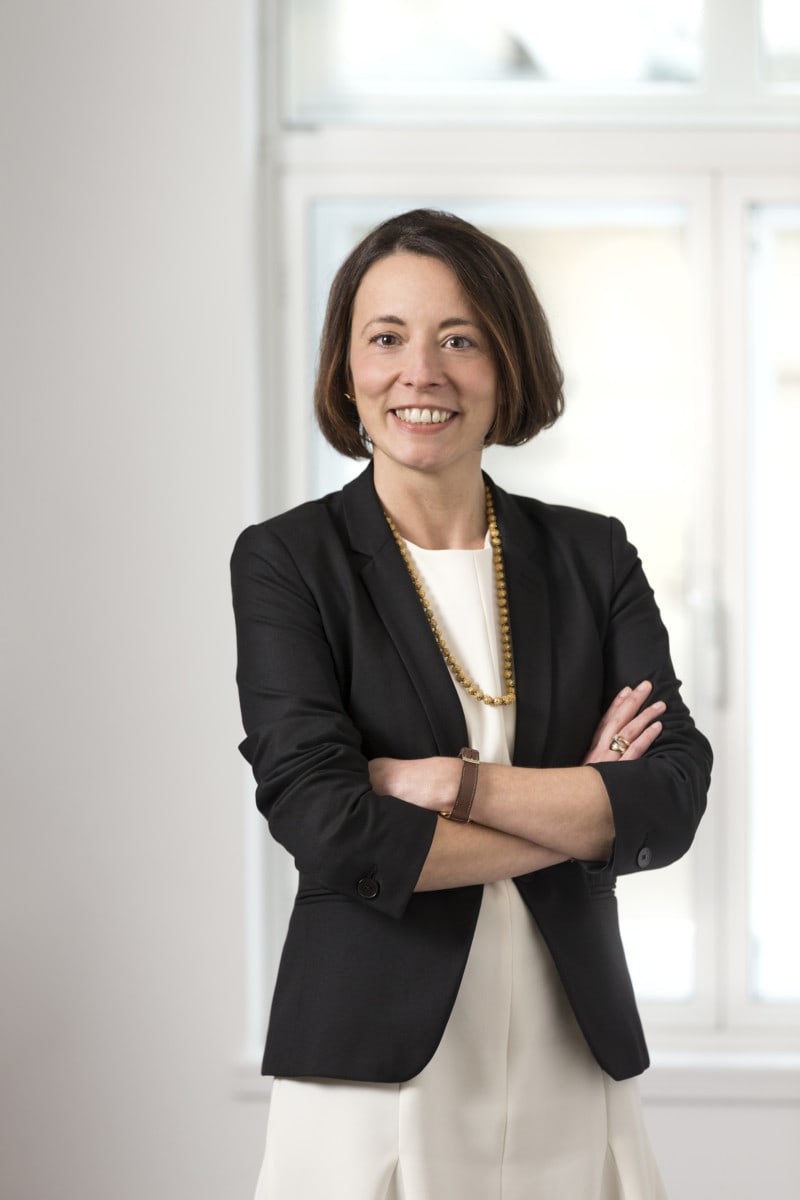Almost one year since the start of the COVID-19 pandemic, we look into the impact of imposed lockdowns and social distancing rules on the industry, where personal contacts are key - wealth management. Larissa Alghisi Rubner, Chief Communications Officer at Julius Baer tells us about the different ways both advisers and clients had to adjust to the 'new normal' and outlines the role of technology in this challenging process.

What role does technology play in the relationship between Julius Baer and your stakeholders, especially in the wake of COVID-19?
Wealth management is a relationship business, so the constraints on physical meetings imposed by the pandemic initially sounded slightly intimidating. In practice, however, we discovered that both we and our clients were perfectly equipped to interact digitally. The investments we have made in technology and digital channels in recent years have paid off, and we even accelerated some of the steps on our digital client roadmap in 2020. As a result, we have had more touchpoints with our clients and prospects than ever before. Back to front technology helped us to stay in touch with our clients and deliver that timely advice and personal connection that they expect from us in times like these.
What are the key trends shaping your industry, and how have they been affected by COVID-19?
Relative to other industries, wealth management has been fortunate when it comes to the impact of the pandemic. In these times, private clients need trusted advisors like us more than ever, so our exposure to the economic fallout from the pandemic has certainly been less direct. We were able to keep our operations running throughout the lockdowns and other restrictions. However, COVID-19 has accelerated the structural challenges our industry has been facing for years. For one, client needs are increasingly complex, with a rising demand for advice on non-traditional asset classes. Trust in financial institutions therefore matters more than ever, and the quest for purpose and meaning has deepened in these times of uncertainty. Profit pools in our industry continue to decline, alongside the strong decline in interest rates. At the same time, the structural costs of doing business and the need for investment continue to rise. All these trends were here before, but they have intensified over the past year.
Are there any initiatives you are most proud that have arisen at Julius Baer as a result of the pandemic?
In all modesty – there are so many! The first one is certainly the realisation that we can work very productively in remote set-ups, and we are also proud that we have been able to introduce tools for the digital onboarding of clients, something that was unimaginable only a year ago. COVID-19 was also a stark reminder – to our clients and ourselves– of just how fragile our social and economic systems can be when faced with unfamiliar shocks. Aside from the health toll, it has placed a new emphasis on ‘bigger issues’ and, with that, a stronger awareness that we all have a role to play in creating a more sustainable socio-economic fabric in the world. While our corporate sustainability and responsible investment efforts pre-date the pandemic, the last year has really been a catalyst for our role as corporate citizen. It has also spurred us on to develop solutions that enable our clients to make even more educated decisions about their investments.

